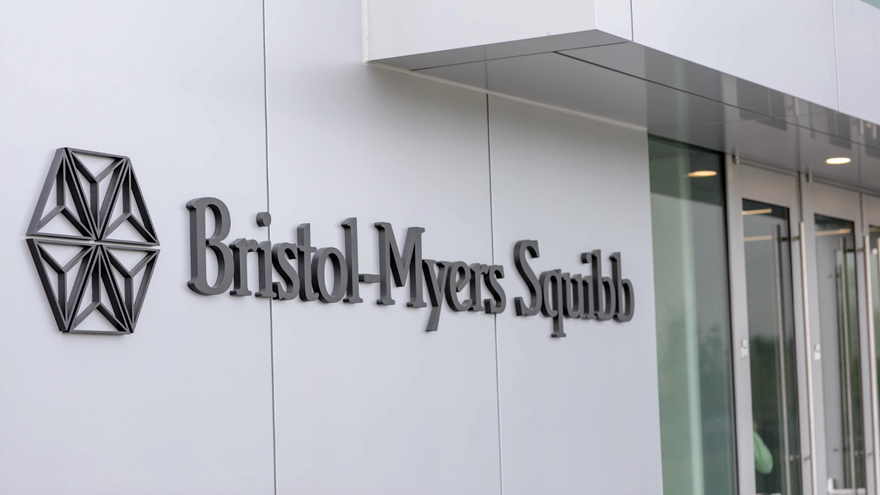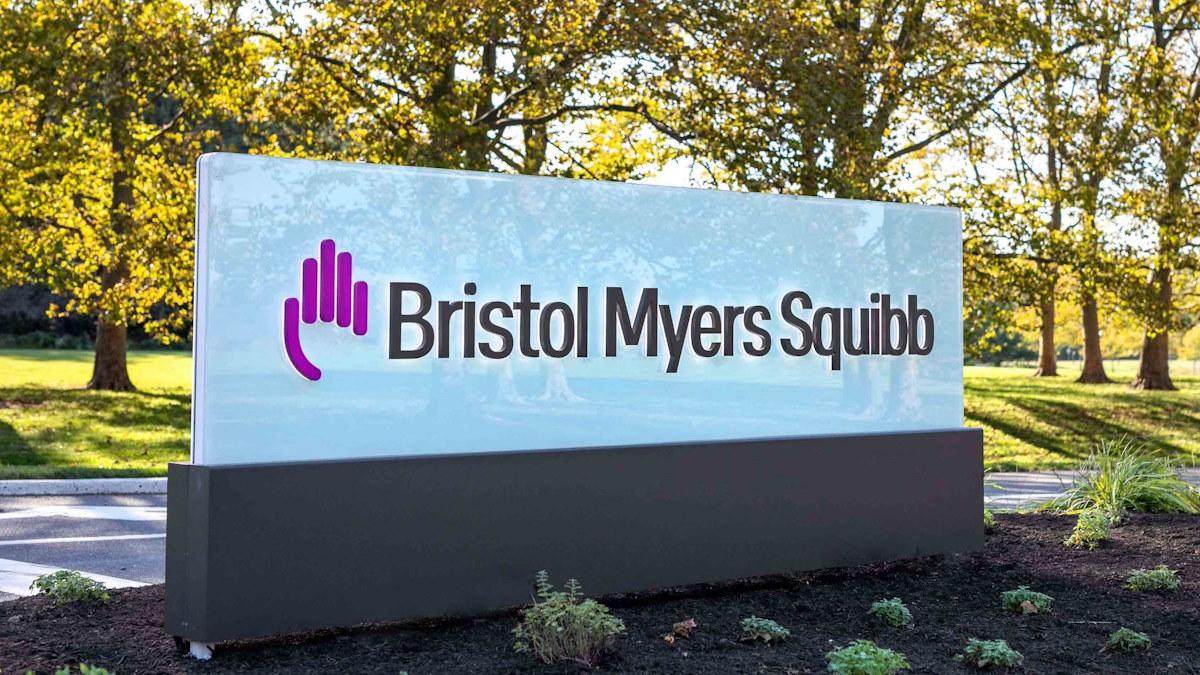BMS pays $200m to expand Evotec alliance on protein degraders

Bristol-Myers Squibb's Celgene unit has clearly been impressed by progress in its four-year-old alliance with Evotec on protein degradation. It's just paid $200 million to extend the partnership for eight more years and hiked its total value to a possible $5 billion.
The two companies have been working on molecular glue degraders. These small drug compounds destabilise proteins by bringing them into proximity with enzymes called E3 ubiquitin ligases that cause them to be broken down.
The aim is to target rogue proteins associated with disease, which could open up a path to addressing a wide range of 'undruggable' targets.
According to an Evotec statement, the initial collaboration has been "highly productive" in generating a pipeline of potential molecular glue degraders, helped by BMS' "unique" library of drugs targeting a group of enzymes known as cereblon E3 ligases.
Compounds that modulate the activity of these enzymes have potential in oncology, for example, in blood cancers like multiple myeloma.
The alliance will pair BMS' library with Evotec's EVO panOmics platform – which uses genomics, transcriptomics, proteomics, and phenotypic data for drug discovery – as well as EVO panHunter, an artificial intelligence software used to analyse the resulting data.
"Molecular glues are one of the most exciting new modalities as they can be developed into highly selective and potent degraders of high-value therapeutic targets," said Evotec's chief scientific officer Dr Cord Dohrmann.
"We are extremely excited about the opportunity to significantly extend and expand our strategic partnership with Bristol Myers Squibb into 2030 and possibly beyond."
The protein degrader approach has attracted a series of big-ticket licensing deals in the last few years, and this is the second deal for BMS in the area in the space of a few days, after it signed up with Amphista in a $1.5 billion partnership last week.
Last August, Eli Lilly agreed a $1.6 billion-plus deal with Lycia Therapeutics spanning up to five drug targets, while Novartis paid $24 million upfront with milestone payments of $1.3 billion to UK start-up Dunad Therapeutics for drug candidates against up to four disease targets.
In 2020, Pfizer paid $1 billion upfront for rights to a protein degrader drug for breast cancer developed by Arvinas, with another $1.4 billion at the back end, and a year earlier Gilead Sciences forged a $2.3 billion alliance with Nurix on degraders for oncology indications, with a $45 million upfront fee.













